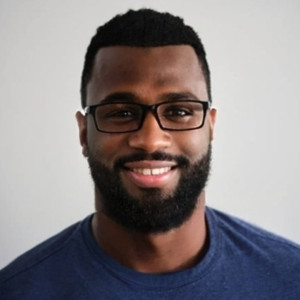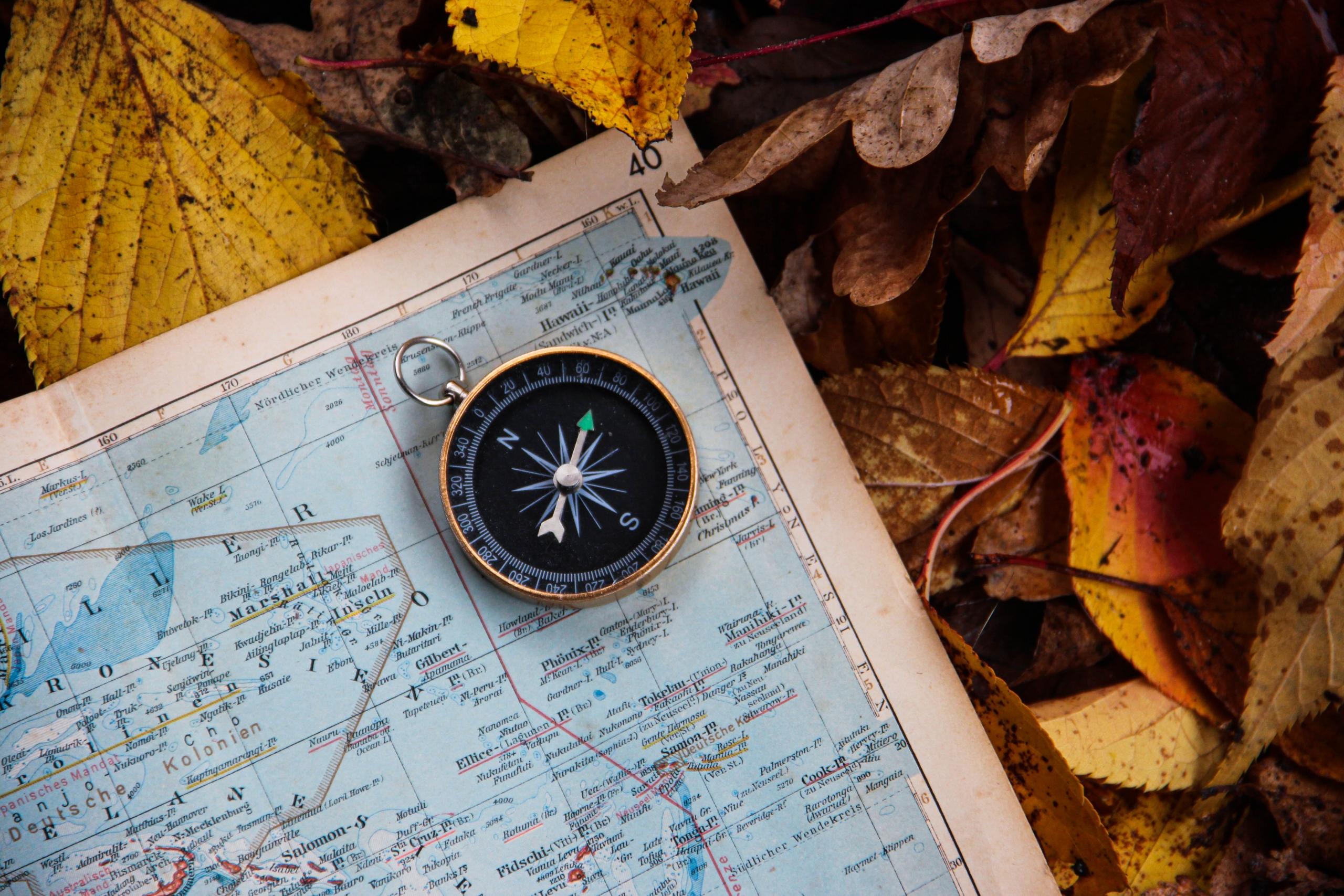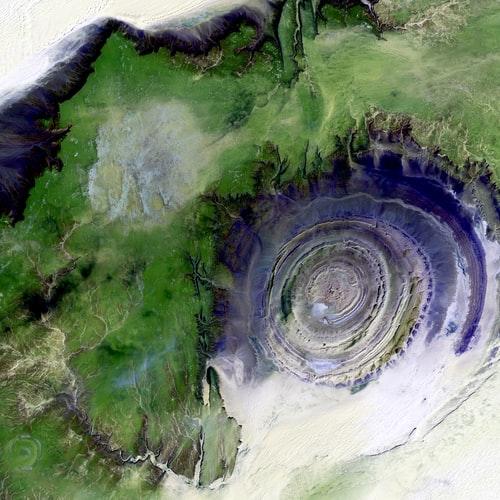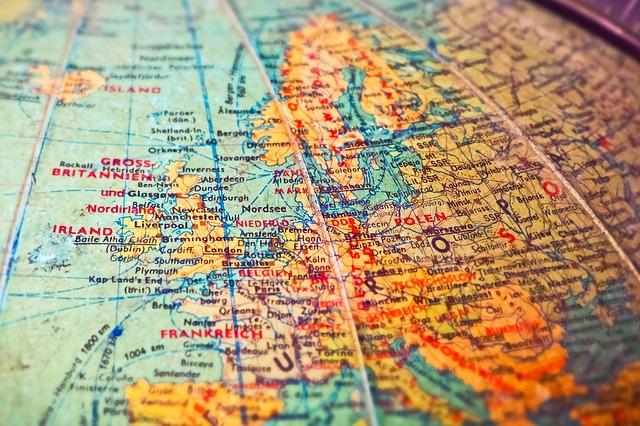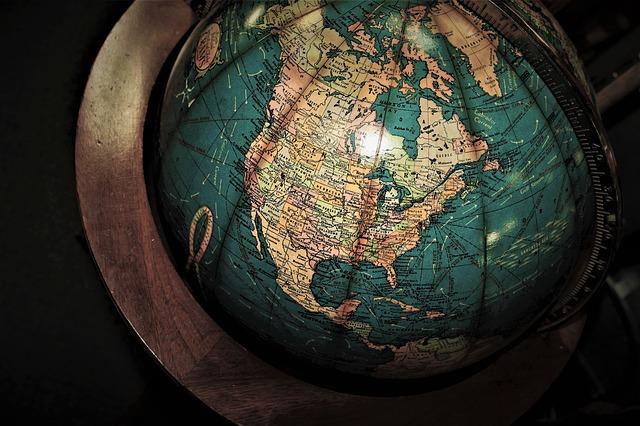For many people, the fact that Russia - and Vladimir Putin, no less! - wanted to become a NATO country is astounding. But for those who know Russia's history and understand how devastated the Russian Federation was after the fall of the Soviet Union, NATO membership makes perfect sense. Consider that, until about 100 years ago, the Russian Empire was still a feudal state. They had practically no industry or infrastructure; only two Russian cities were in any way comparable to Western capital cities. And while the world's military forces had moved on, Russian armouries contained mostly outdated equipment and Kalashnikovs with a propensity for jamming. 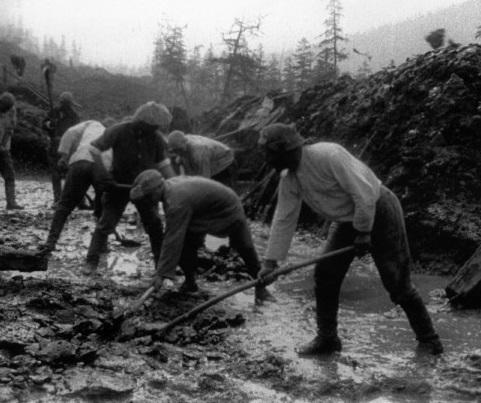
| Various countries' relationship with NATO |
|---|
| United States: a NATO founding member. The former administration derided and threatened to withdraw their support for the organisation. |
| The United Kingdom is a founding member of NATO. Despite withdrawing from the European Union, the country has no intention of severing their NATO ties. |
| Turkey: a NATO member since 1953 despite not being in the north Atlantic. They were offered membership after Russian aggression. |
| China advocates for the United Nations Charter to be the world's governing document and body. Chinese leadership stands firmly against NATO. |
| Russia sought NATO membership after the Cold War and participated in several initiatives. All cooperation ended after Russia annexed Crimea. |

The US, UK and NATO
Both of these countries have much to tell about their NATO alliance and activity, as they are both founding members and enjoy that 'special relationship'. So let's consider them united in their views of this defence organisation - though decidedly different in the diplomatic approaches. After the Second World War, the British deployed its unique brand of diplomacy to forge the Treaty of Dunkirk. It was meant to be the primary vehicle to curb the expansion of communism and contain Soviet efforts to infringe on more territory. France was the other signatory; French leaders were instrumental in expanding the treaty to include the three Benelux countries. The renamed agreement, now called the Brussels Treaty, committed those nations to mutual military support for 50 years. Not content with just a handful of countries, the British diplomats then approached the United States, enlisting them in 1949. Soon, other countries joined:
- Denmark
- Canada
- Italy
- Portugal
- Norway
- Iceland
- Germany (in 1955)
- Spain (1982)
By 1950, it became obvious that the alliance, now named the North Atlantic Treaty Organization would have to not only revise its defence policies but expand its leadership. Soon, the Supreme Headquarters of Allied Powers in Europe, SHAPE, had offices in France but, to better disseminate information throughout the member nations, they set up four other offices throughout Europe. It's rather odd that the US gets so much credit for NATO when British diplomacy initiated the alliance and European powers shaped and grew it. There's a good reason that the US gets top billing, though: that country has a massive defence budget for its own military and is an economic powerhouse, besides. Thus, when other member nations had trouble contributing their share to keep NATO running, the US covered their costs. Now, discover what impact the US's outsized role in NATO has on US-Russia relations. 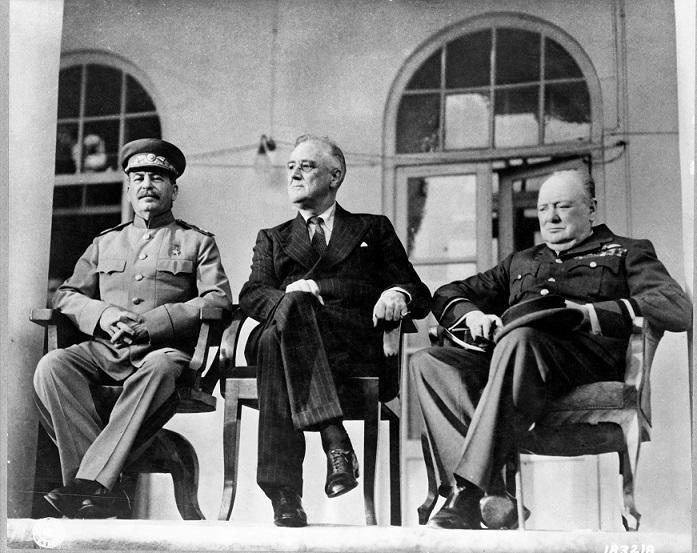
Turkey and NATO
Considering that France, Great Britain and the Benelux countries initiated the alliance that would later become NATO, it makes sense that it would be named after their geographic location. Even when the US, Canada and others joined, they were either within or close enough to the Atlantic that the name still suited. Turkey (and Greece) don't quite fit that description. In fact, Turkey is not even wholly on the European continent; it lies mostly in Asia. Nevertheless, Turkey became a NATO member in 1953 because its long-contentious relationship with Russia threatened European stability. Turkey and Russia being neighbours, it was thought that Soviet forces could invade, take over Turkey and skirt all of NATO's carefully planted defences to prevent a European invasion. Thus, they hastily accorded Turkey NATO membership. And later, upon forming the European Union, an offer to join was extended as well. Remember that NATO's initial purpose was to contain Soviet aggression. It just makes good strategic sense for that alliance to plan for any contingency, including a backdoor assault via Turkish lands and waters. None of this means that Turkey and Russia are enemies today, though.
Ukraine and NATO
It didn't take very long after the Iron Curtain fell for Ukraine to seek membership in NATO. By 1992, preliminary relations had been established and, in 2008, Ukraine applied for full integration. The initiative came to a halt when, in 2010, a Russia-friendly president and government were elected - no matter how dubiously, to lead the country. The Ukrainian people did not peacefully accept the new leader - at least, not for long. The Euromaidan demonstrations caused Mr Yanukovych to flee Ukraine in 2014. The country's next leader, Arseniy Yatsenyuk reinforced the contention that Ukraine had no desire to join NATO. That resolve lasted only a few months, until Russia invaded Crimea. Following the snap elections in October of 2014, Ukraine amended their constitution to include the norms Ukraine was to follow to gain membership into both the European Union and the North Atlantic Treaty Organization. Insurgency in the Donbas region notwithstanding, NATO Secretary Stoltenberg averred that Ukraine's membership will not receive any special treatment. Under no circumstances will Ukraine's membership application be accelerated despite being under threat from its neighbour. For most Ukrainian citizens, that decision was perfect. They weren't keen on becoming a NATO country until Crimea; now, Ukrainians are more open to support and protection from a large, militarized force. Despite Ukraine enjoying relations with all of NATO's member states including the United Kingdom, not one of them can put boots on Ukrainian soil to help this valiant force fight off their much larger aggressor. 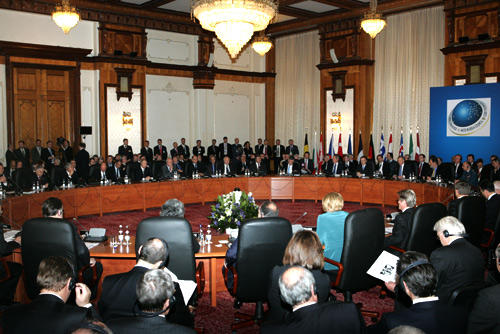
Russia and NATO
As was later revealed by George Robertson, former NATO leader (1999-2003), Vladimir Putin did not mince words when he stated that he wanted to join the European Union as well as NATO. Mr Robertson welcomed the idea and outlined the process for joining both, which involves a lengthy application process and waiting period while other countries that had applied before Russia had their cases decided. After listening intently, Mr Putin stated that he didn't want to have to wait behind "other countries that don't matter". The 'countries that don't matter' seemed to be a real sticking point for Mr Putin. In other interviews, he stated that Russia has European heritage; it should be on par with other NATO members and Russia's views and positions should take precedence over other nations. Slowly, the Russian president's pro-NATO sentiment turned suspicious. Despite having joined the World Trade Organisation (2012) and becoming a member of the Group of Eight - G8 (1998), the Russian economy was struggling. Its main export was gas, piped to European nations, all of them NATO, via a pipeline running through Ukraine. Several times, Mr Putin threatened to cut off the gas supply, especially after a fresh Ukraine-Russia dispute erupted. After the Orange Revolution that saw a pro-western government take power in Ukraine, those rows were erupting more and more frequently. Strategists thought that Vladimir Putin was seeking to punish the West in general and Ukraine in particular, for casting off what they considered historic ties to Russia. Despite deepening suspicions and growing aggression from Russia, NATO never quite gave up on the Russian Federation's membership. The Russia-NATO Council, established in 2002, remained active even through the Crimea crisis. However, any semblance of an alliance ended for good in October 2021, when NATO expelled eight Russian diplomats for suspected intelligence gathering activity. Russia retaliated by closing its Moscow NATO office. And then, Putin turned the tables by accusing NATO of spying and launching military provocations. That last part could be interpreted as such. NATO engaged in a 30-country, months-long military exercise on Russia's borders. Now, with no hope of an alliance with an organisation holding more than half of the world's military strength, Russia has turned to an old, slightly neglected friend. Russia and China have longstanding diplomatic relations and they both disdain NATO...
Summarise with AI:








